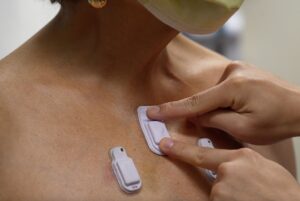
First-of-their-kind wearables capture body sounds to continuously monitor health
New devices were tested on a range of patients, from premature babies to the elderly

New devices were tested on a range of patients, from premature babies to the elderly
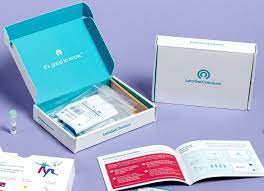
Jeff Shuren, director of the Center for Devices and Radiological Health, said the test will give patients “more information about their health from the privacy of
their own home.”
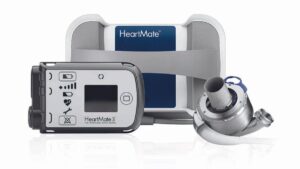
An accompanying editorial said the “data provide an opportunity to immediately improve the outcomes of patients implanted with contemporary LVADs.”
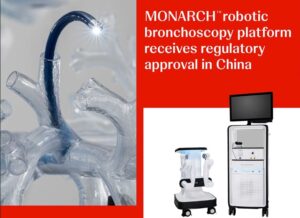
The MONARCH™ Platform is the first minimally invasive, robotic-assisted technology approved for bronchoscopy in a country with significant burden of lung cancer.
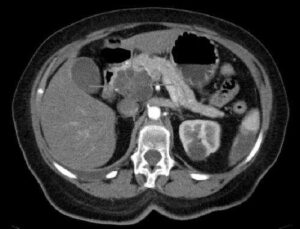
Preclinical research published in the Journal for ImmunoTherapy of Cancer points to a promising new treatment option for people with pancreatic cancer. Researchers from VCU Massey Comprehensive Cancer Center and the VCU Institute of Molecular Medicine (VIMM) suggest that when used in a form that can be delivered directly into the tumor cell, polyinosine–polycytidylic acid (pIC) suppresses tumor growth, induces cancer cell death and enhances survival in animal models with the most common form of pancreatic cancer

Millions of people with normal blood pressure may be misclassified as having blood pressure that is too high because of improper positioning when measurements are taken, new research suggests.
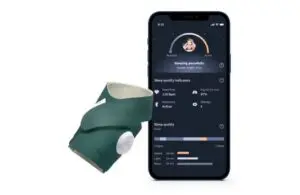
Lehi, Utah-based Owlet designed the system to enable caregivers to better care for babies at home through advanced digital technologies.
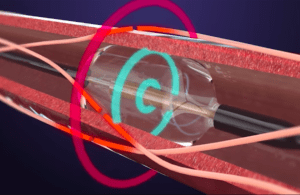
Recor Medical announced that the FDA approved its Paradise ultrasound renal denervation (RDN) system for treating hypertension.
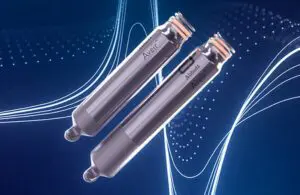
The first U.S. commercial cases have been completed with the Abbott (NYSE: ABT)+
Aveir dual-chamber leadless pacemaker technology.
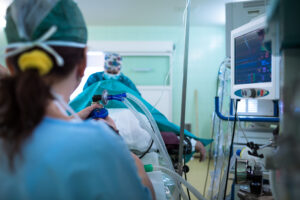
An advanced closed-loop anesthesia delivery system that monitors brain state to tailor propofol dose and achieve exactly the desired level of unconsciousness could reduce post-op side effects.